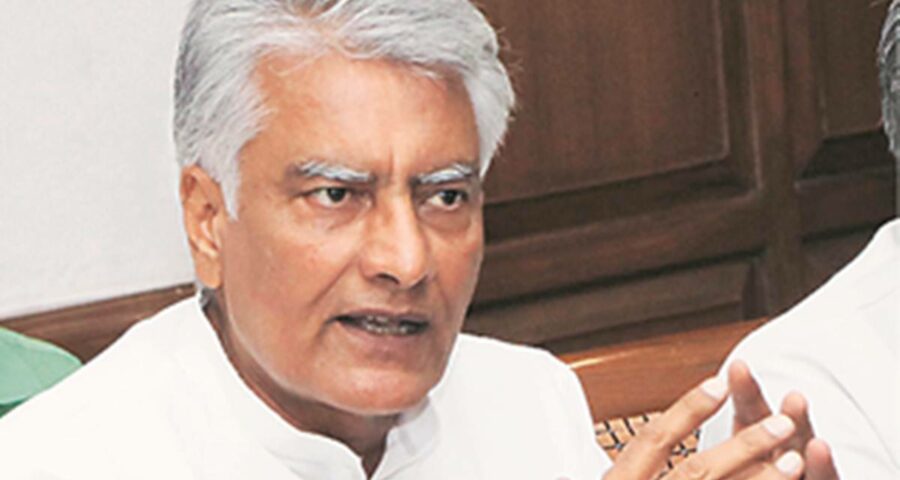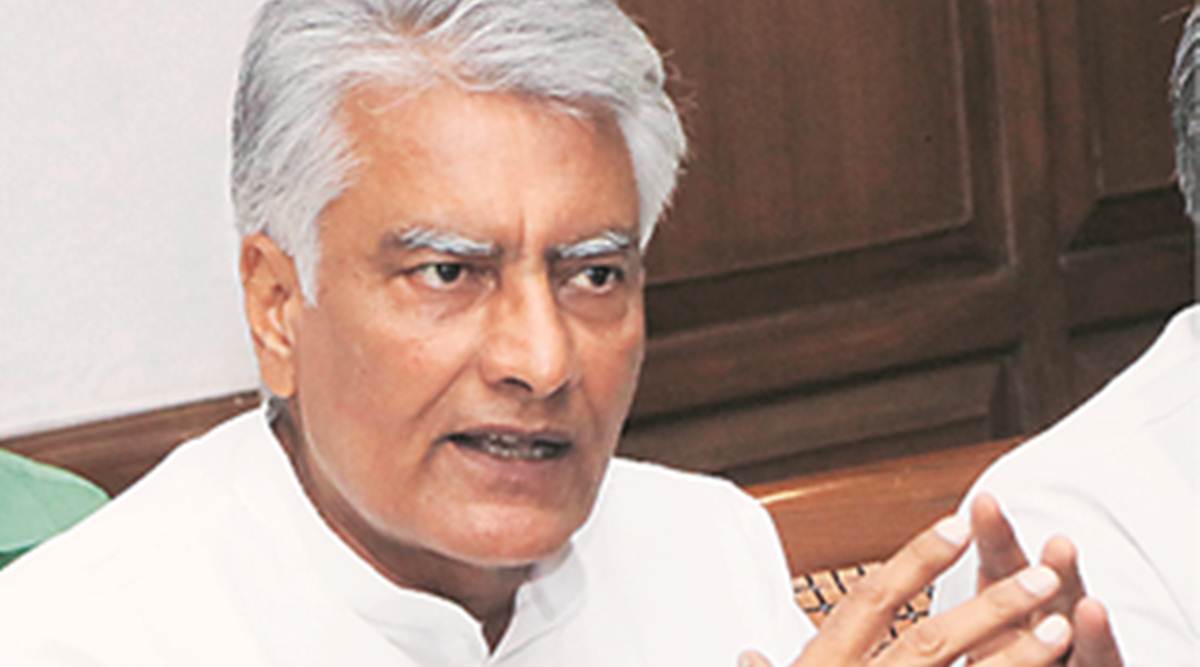The Minister of State for Power, and New and Renewable Energy, Government of India held a meeting on March 19 with Secretaries of different states regarding the proposed amendments to the Electricity Act, 2003
WITH the Centre pulling the Electricity Amendment Bill, 2020, out of cold storage and starting discussions with governments of different states on the issue, the Punjab government as well as PPCC chief Sunil Kumar Jakhar have objected to the Bill.
While the Punjab Additional Chief Secretary of Power, Anurag Aggarwal, on March 25 wrote a letter to the Secretary of Power, Government of India, that Punjab does not think the reform was a welcome step, Jakhar on Saturday tweeted to say that “Consultations on to bring Electricity amendment Bill 2020 in next Parl (Parliament) session ! Going back on its promise to farmers @BJP4India govt will only enrage them further. This apparent bid to teach Punjab Farmers a lesson will alienate BJP further in the state.”
The Minister of State for Power, and New and Renewable Energy, Government of India held a meeting on March 19 with Secretaries of different states regarding the proposed amendments to the Electricity Act, 2003. The minutes of the meeting sent to the state government stated that Punjab had stated that proposed reform is a welcome step. The state government objected to it.
Top News Right Now
Click here for more
In the backdrop of this meeting, Jakhar Saturday said that despite the GOI promising the farmers to defer the amendments to the Electricity Act, 2003, opposed by the Punjab farmers as they fear losing free electricity as proposed by the Bill that provides for direct benefit transfer instead of subsidised power.
Already fund-crunched, Punjab reels under a fat power subsidy bill of Rs 8,500 crore every year. The free power is criticised by the economists and is often blamed for over exploitation of underground water too. But for political reasons, no government of the state is able to take a call on withdrawing the subsidy. The state government had already started a pilot project in a few villages of the state and provided direct benefit to the farmers, but it was never extended to the whole state as it became a political issue.
Jakhar on Saturday hit out at the BJP for “viciously targeting Punjab and its farmers” on one ridiculous pretext or another. He said that true motive of the proposed amendments to the Electricity Act, 2003, was to take away free power from our farmers and hand over electricity distribution to corporate houses.
“Punjab is one region where our farmers get free electricity and the BJP cannot digest this fact and it also has to harass Punjab for standing against Centre’s diktat in forcing three anti-farmer laws upon the nation,” he said.
While pointing out that the central BJP leadership, including Defence Minister Rajnath Singh and Food Minister Piyush Goyal, had asked farmers to trust them on electricity issue as it was Prime Minister Narendra Modi’s word, Jakhar asked who will trust the PM now.
It is a Bijli Vyapar Bill and not Bijli Sudhar Bill, Jakhar quipped while underlining that it was the Akalis who had earlier sold out production of electricity to private companies and it was now the BJP which wanted to hand over power distribution to their corporate friends.
He said the BJP regime was also planning to bring Seed Bill, which would directly put farmers at whims and fancies of private players who would have sole control of production and sale of seeds.
The BJP which had won elections on the plank of teaching Pakistan a lesson has forgotten that and instead has now trained its guns on Punjab and Punjabis who have stood up against the draconian regime of BJP. Jakhar urged all political parties in the state to come together to fight the BJP’s anti-Punjab agenda.
On DBT, Jakhar slammed the Centre for creating one obstacle after another in wheat procurement process. Beginning with illogical changes in purchase norms to not clearing the CCL (crop credit limit) as of today, the Centre is trying to harass the farmer and divert his anger against the state government. This is also a bid to undermine the time-tested and successful mandi system, he said.
Source: Read Full Article


